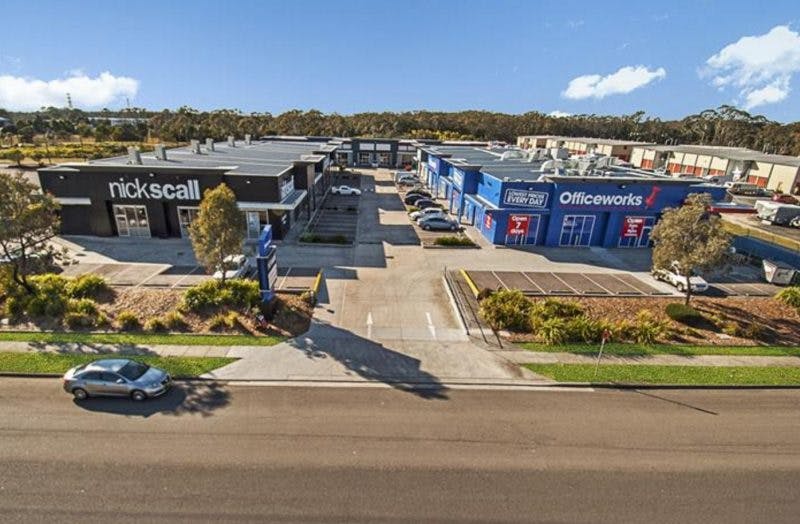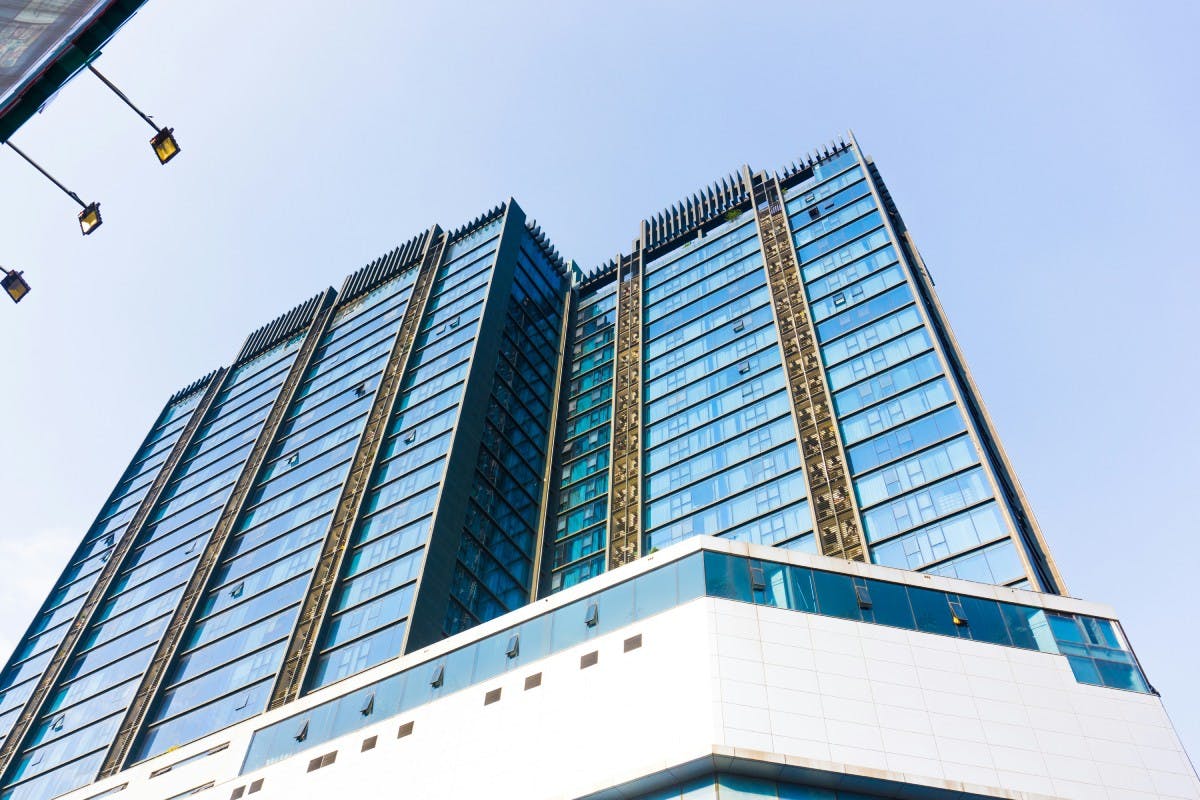Commercial
Is commercial property the right investment for you?
Published
30 July, 2019

Everyone is different. This blog post does not take into account the financial situation or capacity to invest in commercial property of each reader. We recommend you consult your financial advisor or accountant before considering any investment.
Deciding where to invest next should involve looking at what stage you’re at in life and considering what investment goals you have in place. If you resonate with one of the below, then commercial property might just be a suitable investment for you. (As always, you should consider the risks and talk to your financial adviser or accountant before undertaking any investment.)
1. New to investing
Some consider commercial property to be a “complex” investment. And we’ll agree it can be complicated for those without proper expertise. But it’s certainly accessible for new investors.
Syndicates are an excellent opportunity if you want to get your feet wet in a high-yielding investment with plenty of room for capital growth.
If you don’t have the knowledge or time to learn, you can leverage from the expertise of highly experience professionals and sit back while your profits grow.
2. Want positive cash flow
What’s one of the best features of a long-term commercial property investment? Positive cash flow.
Providing you take the right steps to keep your property occupied, incoming rent will give you strong, reliable income. Especially if you’re fed up with low-yielding investments.
Take residential property as an example. The average house on the street usually provides yields of 1 to 3 per cent. As most reading will know, these yields can be far lower than the interest typical banks charge.
On the other hand, yields from commercial property are typically 6 to 8 per cent, and sometimes even higher, usually as long as the property is occupied by strong tenants and managed by experience professionals.
3. Retiring or nearing retirement
Whether you’re headed toward your twilight years or you’re already residing at the golf club, commercial property might appeal to your retirement strategy.
Commercial property is generally a cash flow positive investment. That’s because your tenants – businesses and other organisations – pay a lot higher rent for the space they occupy then, say, tenants of a residential property. Having a stable income is ideal for those later in life, who have reduced ability to earn an income from working.
Retirees can have comfort their cash flow is long-term. The length of these commercial leases typically run over many years and allow investors to forecast income with certainty.
Let’s say you sign a new lease agreement with a tenant for five years, having set annual rent at $120,000. Without consider personal circumstances and conditions, that’s five years of income certainty. If the economy sees peaks and troughs in that time, so be it. Your annual $120,000 rental income is there to stay.
Plus, you’ll likely have annual rent increases built into your lease agreement. So, things like inflation and interest rates won’t eat away at your annual rental income.
4. Comfortable with a long-term investment
It’s important to know your money won’t triple overnight in commercial property investment (more important, it won’t disappear overnight either). It might take a few years.
Commercial property is for players of the long game because there’s an element of time needed to see strong capital growth in your asset. In time, the land component can increase in value, tenant’s lease agreements can be extended and the surrounding locale can evolve for the better.
5. Dislike volatility
Shares can be a brilliant investment to diverse your portfolio. But they are at times guilty for bombing in price in a short period of time. That’s because shares are bought and sold every day, so their true value is constantly fluctuating.
This volatility scares off many who just want comfort that their investment will see consistent, steady growth.
If that sounds like you, you might consider investing in commercial property.
For real estate to have the same volatility as stock values, a property would need to be auctioned off every single day. Instead, it might be sold every several years and its value grown in line with market conditions, the economy and any property improvements.
Commercial property also allows you to forecast future income with certainty. A lease term of multiple years gives the stability investors love when compared to the price spikes and crashes sometimes seen in stocks.
6. Have little time or little capital
“I don’t have the time to learn,” says the busy professional. “I don’t have the capital to partake,” says the middle-income earner. Thankfully, neither excuses apply for commercial property investment.
Commercial property syndicates act as a great vehicle for those with a small amount to invest. The entry level can be around $250,000, or less in special circumstances. This allows investment into a property of substantial value bracket and the potential for high returns.
It also gives time-poor investors a set-and-forget investment. They can have comfort knowing their capital is working for them while they’re working for the man (or while on the golf course working on their short game).
For more information on how you can invest in Australian commercial property, get in touch with Properties & Pathways today.



